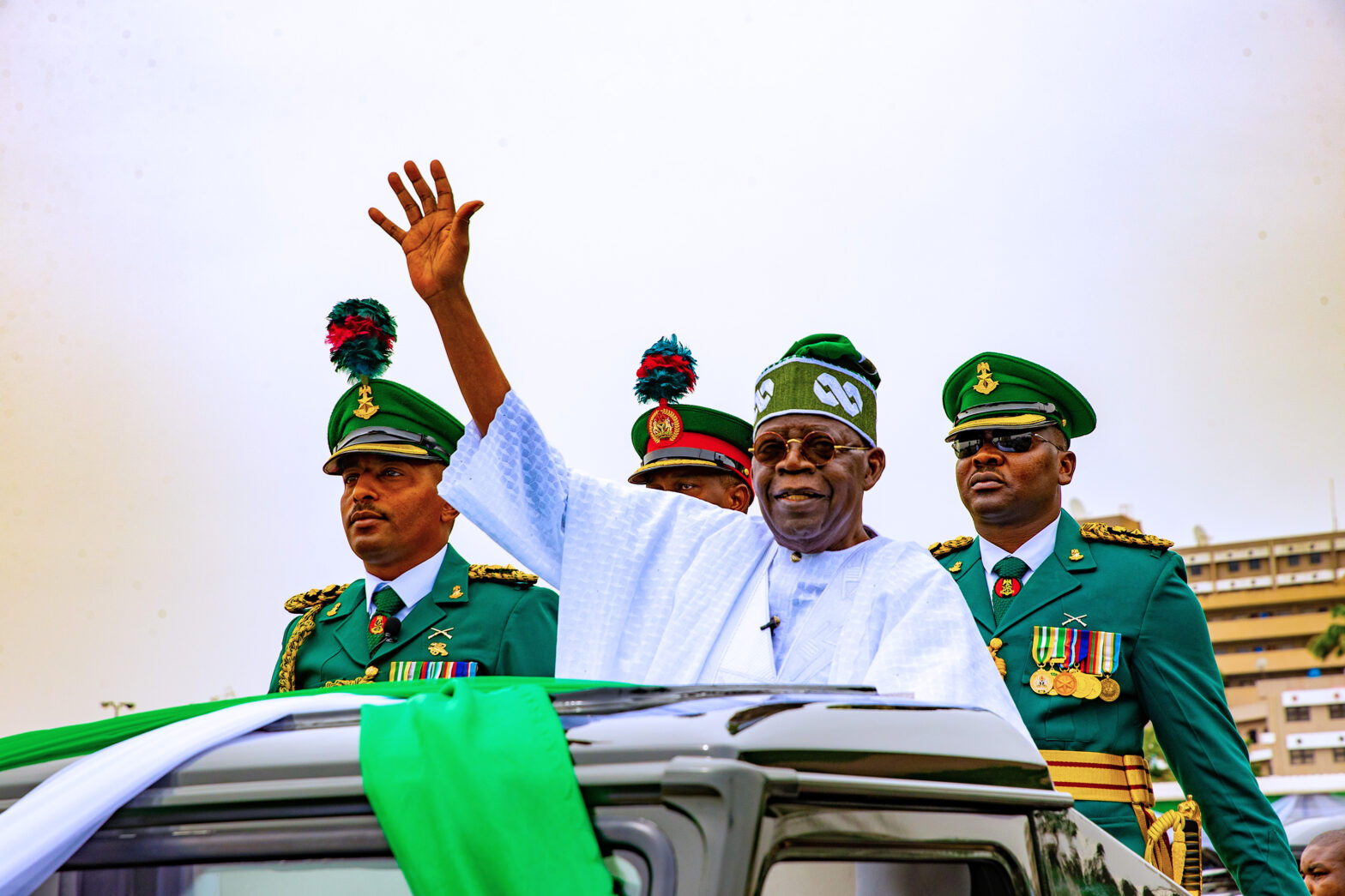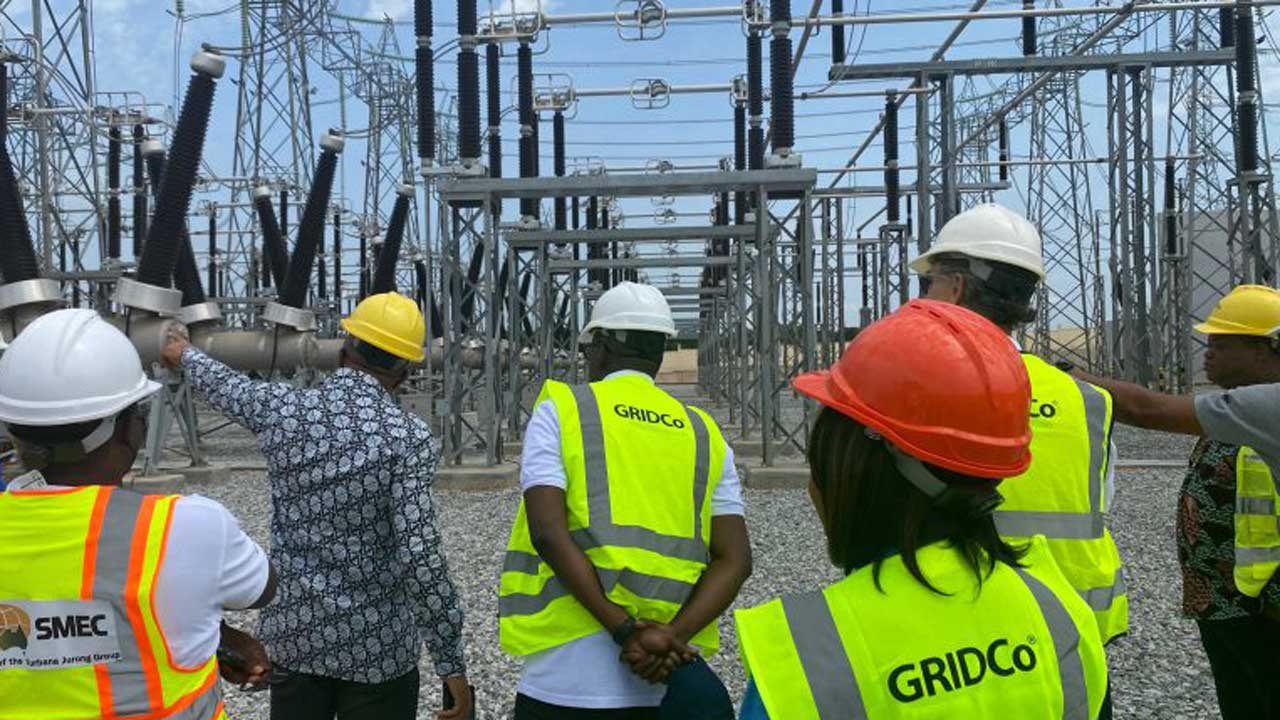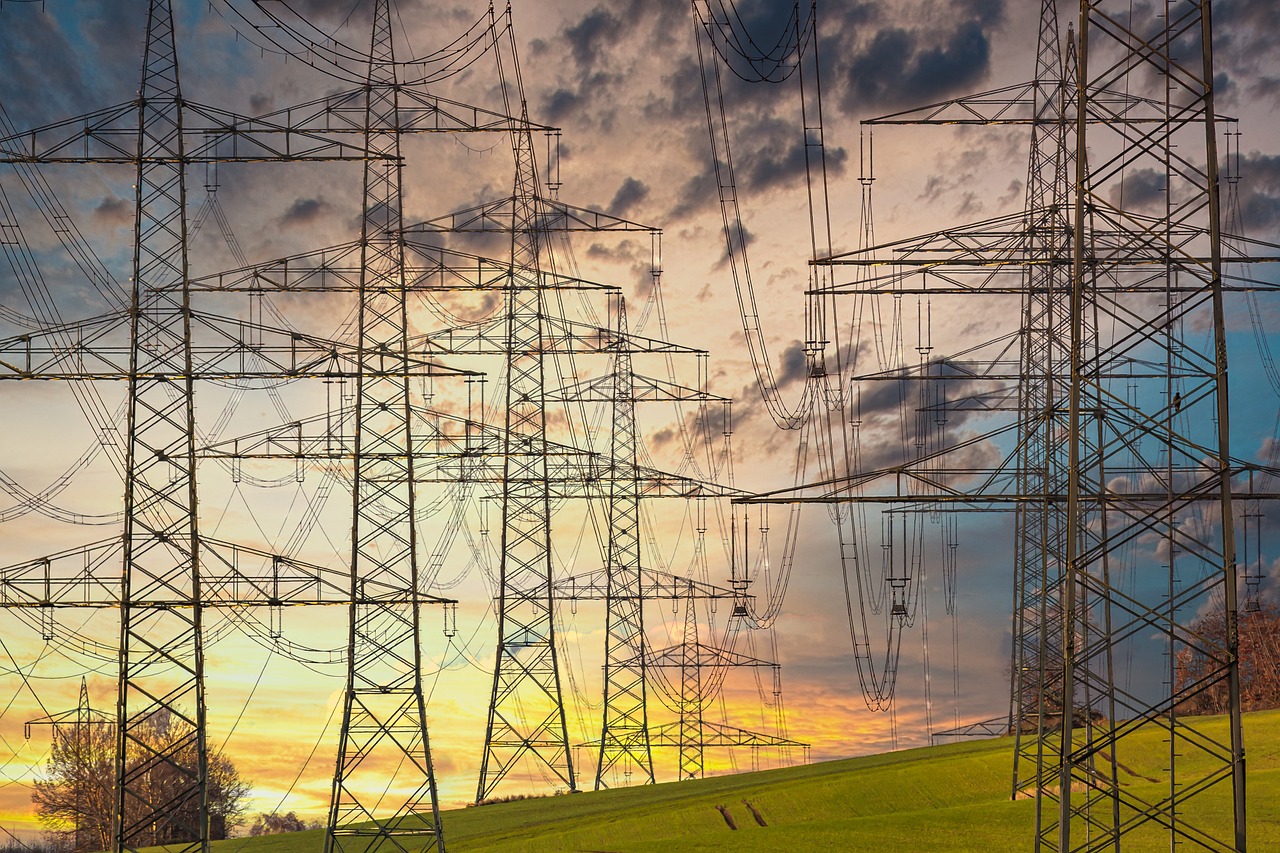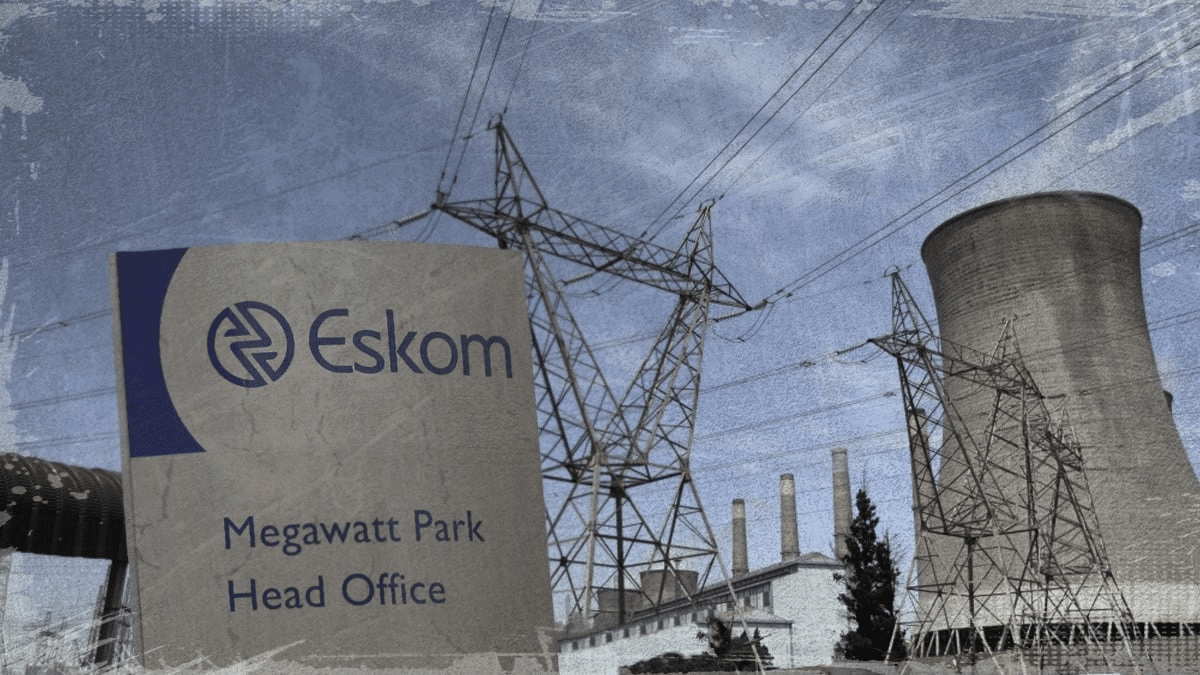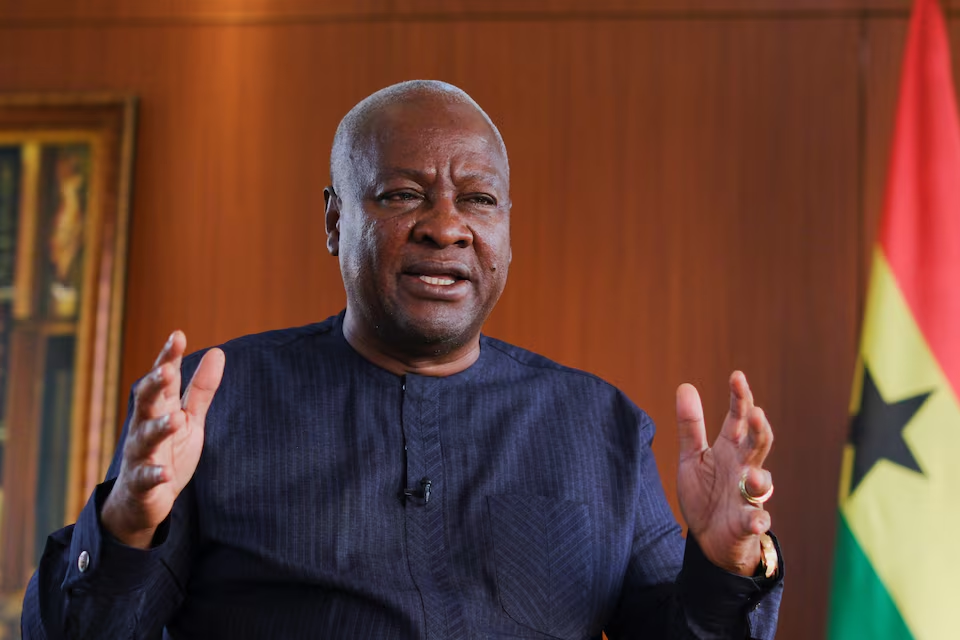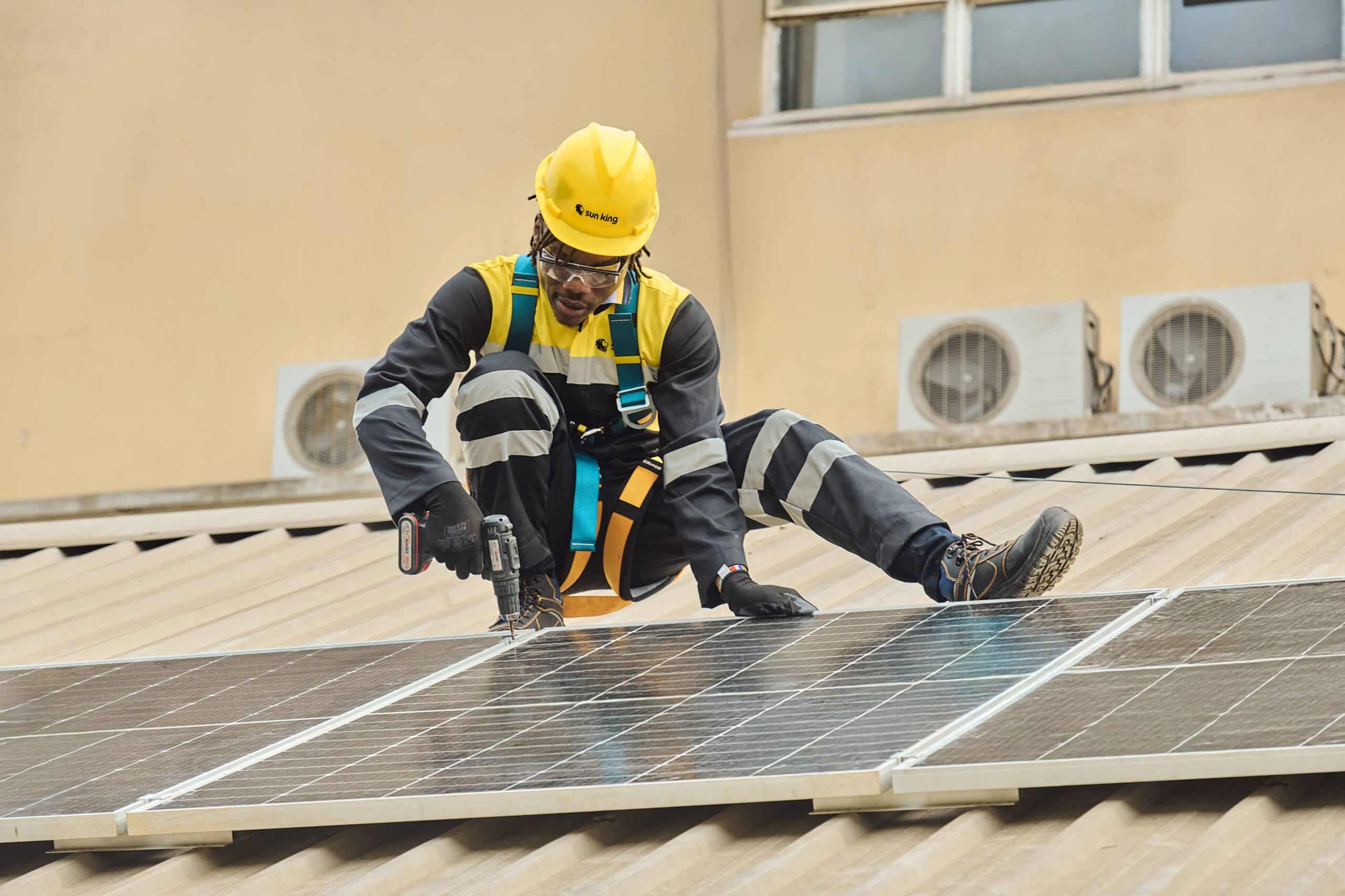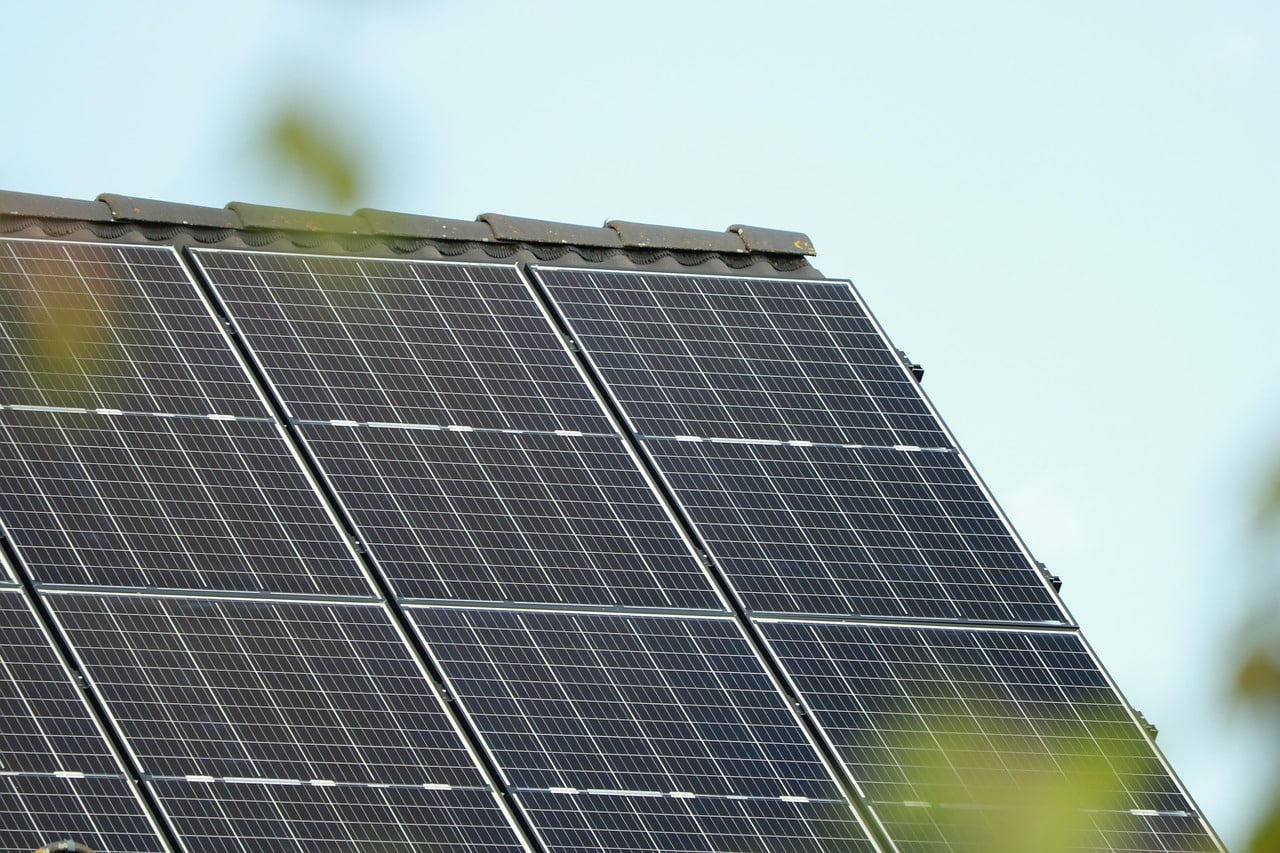Trump plans to eliminate U.S. contributions to the African Development Fund (ADF), the African Development Bank (AfDB) concessional lending arm, amounting to a $555 million cut, according to a Business Insider Report.
This decision could jeopardise a $40 billion electricity fund for addressing Africa’s energy deficit, which is the goal of “Mission 300,” a joint initiative by the World Bank and AfDB.
The US has backed the African Development Fund since 1976; they have been the number one donor to the World Bank and the number three donor of the AfDB.
Other leading donors have also been cutting back on their contributions, but none of the reductions have been anywhere near as drastic as those put forward by the US.
These cuts could disrupt funding flows and undermine Africa’s energy future. It could also create a hole in the AfDB’s plans and will likely force a reset in how the bank’s key fund operates.
The AfDB and the World Bank’s mission 300 plan
Mission 300, launched in 2024 by the AfDB and the World Bank, targets 300 million new electricity connections by 2030 through a mix of on-grid and off-grid solutions, including solar mini-grids and national grid expansions.
The AfDB has pledged $18.2 billion, while the World Bank has committed $22 billion, totaling $40 billion in direct funding.
They aim to mobilize at least $90 billion from various sources, including multilateral development banks, private investors, and philanthropic organizations.
The initiative emphasizes renewable energy, with half of the new connections relying on wind, solar, and other low-cost, sustainable sources.
12 African nations, including Nigeria, presented their energy plans at the Mission 300 Energy Summit in Dar es Salaam, Tanzania, in January 2025, endorsing the Dar es Salaam Energy Declaration to prioritize these reforms.
At the summit, Adesina noted that “one of the biggest barriers to Africa’s electrification efforts has been the reliance on hard currency loans for energy infrastructure, which leaves developers vulnerable to exchange rate fluctuations”.
What would this dump mean for Africa’s energy expansion?
The proposed U.S. withdrawal from the AfDB poses significant risks to Mission 300.
The ADF’s role in providing concessional loans is critical for most African countries. For instance, like Nigeria, where fiscal constraints and high debt service costs limit domestic investment in energy infrastructure.
A $500 million shortfall could reduce the AfDB’s ability to finance mini-grids and off-grid solar systems, which are vital for rural electrification.
Moreover, the dump could disrupt the World Bank’s $22 billion commitment, as the U.S. is its largest shareholder. While the World Bank has not indicated immediate changes to its pledge.
This uncertainty threatens the $10 billion in private investment Mission 300 aims to attract, as investors may hesitate without guaranteed public funding.
In countries like Nigeria, the impact could be profound. The country’s energy sector requires $20 billion annually to achieve universal electricity access by 2030.
Mission 300’s focus on competitive tenders, but funding disruptions could delay projects like the 10,000-megawatt solar expansion proposed in 2024.



